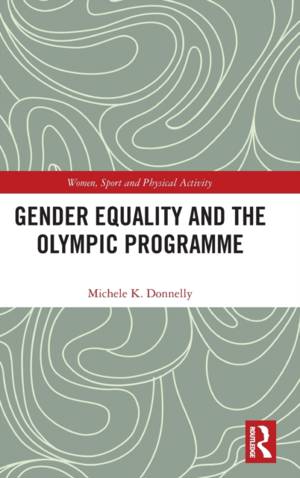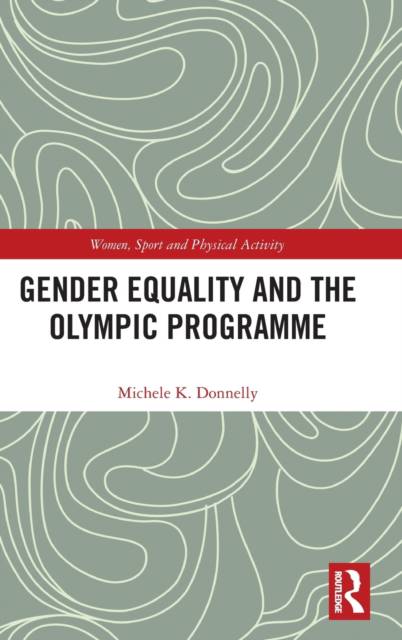
- Afhalen na 1 uur in een winkel met voorraad
- Gratis thuislevering in België
- Ruim aanbod met 7 miljoen producten
- Afhalen na 1 uur in een winkel met voorraad
- Gratis thuislevering in België
- Ruim aanbod met 7 miljoen producten
Omschrijving
This innovative study examines the Olympic programme from a critical feminist perspective, to shed new light on the issues of gender and inclusion at the Olympic Games and in the Olympic Movement.
Incorporating both quantitative and qualitative data, the book identifies and analyzes the changes - and remaining gender differences - made on the Olympic Programmes for London 2012, and each of the subsequent Summer and Winter Olympic Games (Sochi 2014, Rio 2016, and Pyeongchang 2018), as well as the Tokyo 2020 and Beijing 2022 Games. The book draws on the IOC's own publications, information from International and National Sport Federations, and media sources to describe and explain the IOC's slow and uneven progress toward gender equality at the Olympic Games.
This is important reading for any student, researcher, practitioner or policy maker with an interest in the Olympic Games, sport studies, gender studies, women's sport or major events.
Specificaties
Betrokkenen
- Auteur(s):
- Uitgeverij:
Inhoud
- Aantal bladzijden:
- 146
- Taal:
- Engels
- Reeks:
Eigenschappen
- Productcode (EAN):
- 9780367433741
- Verschijningsdatum:
- 22/12/2022
- Uitvoering:
- Hardcover
- Formaat:
- Genaaid
- Afmetingen:
- 156 mm x 234 mm
- Gewicht:
- 403 g

Alleen bij Standaard Boekhandel
Beoordelingen
We publiceren alleen reviews die voldoen aan de voorwaarden voor reviews. Bekijk onze voorwaarden voor reviews.












